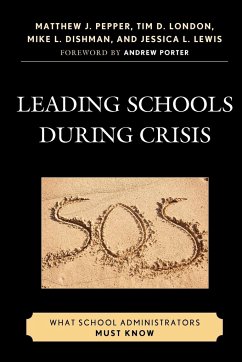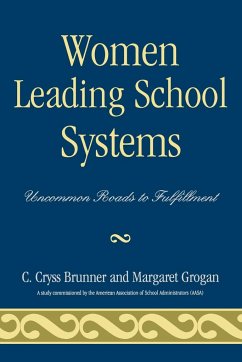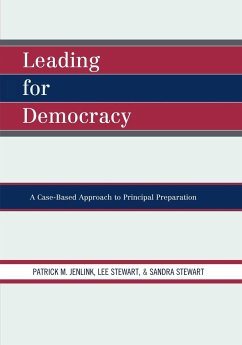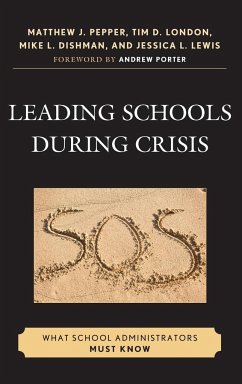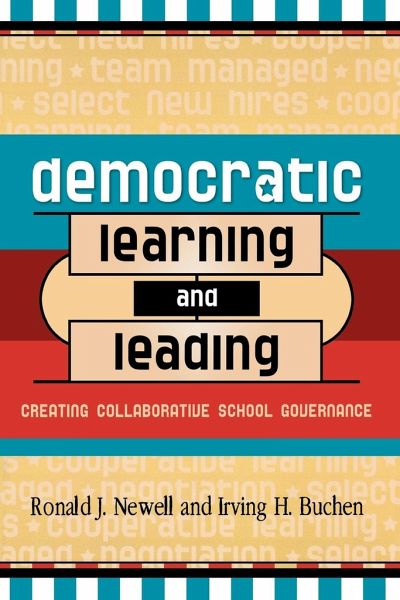
Democratic Learning and Leading
Creating Collaborative School Governance
Versandkostenfrei!
Versandfertig in 1-2 Wochen
49,99 €
inkl. MwSt.

PAYBACK Punkte
25 °P sammeln!
Here, authors Ronald Newell and Irving Buchen continue the dialogue begun by Roland Barth, Linda Lambert, Carl Glickman and others pertaining to democratic, teacher-led schools. Teachers are capable of managing schools, without designated principals and/or superintendents. A number of practitioners have taken up the gauntlet and have created collaborative cultures in order to fulfill the need for creating teacher-controlled environments. These environments are necessary to carry out the as-of-yet unfulfilled reform of practices that benefit students at the most elemental level of education-the...
Here, authors Ronald Newell and Irving Buchen continue the dialogue begun by Roland Barth, Linda Lambert, Carl Glickman and others pertaining to democratic, teacher-led schools. Teachers are capable of managing schools, without designated principals and/or superintendents. A number of practitioners have taken up the gauntlet and have created collaborative cultures in order to fulfill the need for creating teacher-controlled environments. These environments are necessary to carry out the as-of-yet unfulfilled reform of practices that benefit students at the most elemental level of education-the relationship of teacher and learner. In teacher-managed schools, teachers have control of budgets, management, personnel, and all other decision-making. It is not enough for teachers to be willing to democratically control schools. The culture of schooling is not inherently democratic, and a collaborative culture must be cultivated by creating the community, the collective, the consensual, the consultative, and the coaching commitment. Newell and Buchen show how the experience of a group of practitioners has lighted the way for continual development of the elements of the collaborative culture by living them. They also discuss the problems and promises of creating and living this collaborative, democratic culture.





